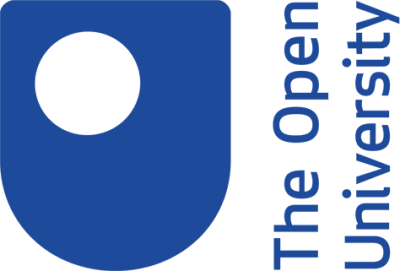
Diploma of Higher Education in Health Sciences
Open University

Key Information
Campus location
Online United Kingdom
Languages
English
Study format
Distance Learning
Duration
2 - 4 years
Pace
Full time, Part time
Tuition fees
GBP 6,924 / per year *
Application deadline
Request info
Earliest start date
Request info
* cost per year full-time; £3,462 - cost per year part-time
Introduction
In this diploma, you’ll study the essential scientific concepts underpinning the function of the human mind and body; the incidence, diagnosis and treatment of disease and disability; and the maintenance and improvement of health in different populations. If you’re interested in the science behind our health – from what we can do as individuals to stay healthy, to global health issues such as epidemics or the treatment of people with dementia – this diploma is for you. It’s particularly relevant if you work in health-related professions, or you’re thinking about doing so.
Key features of the course
- Explores health and disease from a multidisciplinary, evidence-based perspective
- Uses innovative online collaborative and virtual experiences to develop science practical skills
- Develops a wide range of transferable skills
- Builds a solid foundation for further study
A nationally recognised qualification in its own right, this diploma of higher education is also equivalent to the first two-thirds of the BSc (Honours) Health Sciences.
Accessibility
We make all our qualifications as accessible as possible and have a comprehensive range of services to support all our students. The Diploma of Higher Education in Health Sciences uses a variety of study materials and has the following elements:
- studying online – some modules have a mixture of printed and online material, and others are entirely online
- face-to-face tutorials and day schools and online tutorials
- working in a group with other students
- undertaking practical work or using an online laboratory
- using specialist software
- using mathematical and scientific expressions, notations and associated techniques
- using and/or producing diagrams and/or screenshots
- finding external/third party material online
- continuous and end-of-module assessment in the form of essays, short answer questions, and in some cases an examination
- using feedback: continuous assessment involves receiving detailed feedback on your work from your tutor and using this feedback to improve your performance.
All qualifications require you to complete learning and assessment activities within a required timescale and according to pre-determined deadlines. You will therefore need to manage your time effectively during your studies and the University will help you to develop this skill. Information on assessment will be available to you at the start of each module.
Program Outcome
This qualification develops your learning in four main areas:
- Knowledge and understanding
- Cognitive skills
- Practical and professional skills
- Key skills
The level and depth of your learning gradually increase as you work through the qualification. You’ll be supported throughout by the OU’s unique style of teaching and assessment – which includes a personal tutor to guide and comment on your work; top quality course texts; e-learning resources like podcasts, interactive media and online materials; tutorial groups and community forums.
Curriculum
Course details
This diploma of higher education has two stages, each comprising 120 credits.
- You’ll start Stage 1 with a 60-credit introductory module with a focus on health science. You’ll follow this with a further 60-credit introductory module, either with a focus on psychology or a focus on natural sciences.
- Next, in Stage 2, you’ll study two 30-credit health science modules plus a 60-credit online module designed to develop your practical science skills.